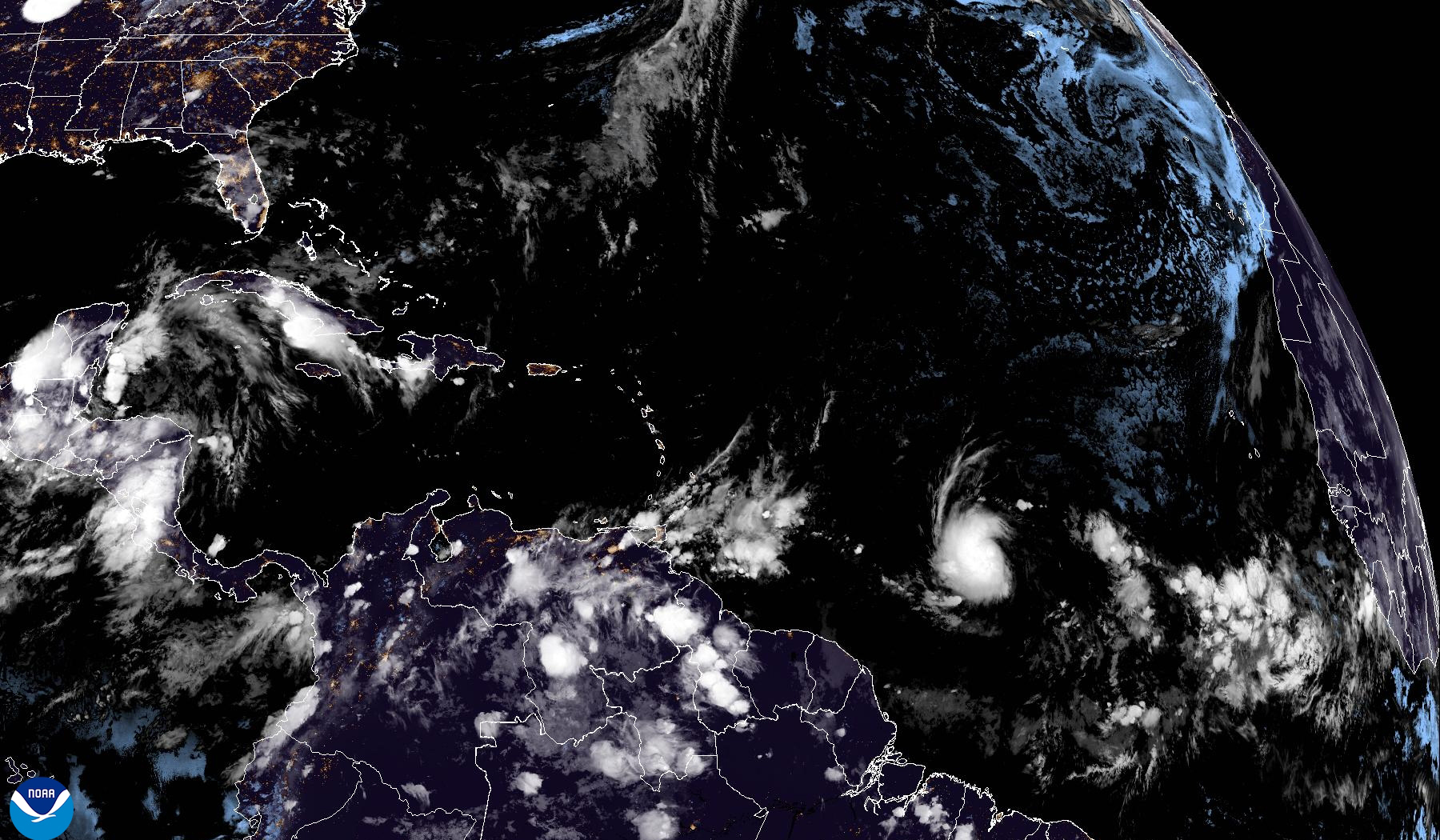National Hurricane Center (NHC) Updates and Advisories

National hurricane center beryl – The National Hurricane Center (NHC) continues to monitor Hurricane Beryl as it moves across the Atlantic Ocean. The storm is expected to make landfall in Florida within the next 24 hours.
As of the latest NHC advisory, Hurricane Beryl is a Category 3 storm with maximum sustained winds of 120 mph. The storm is located about 200 miles east of Daytona Beach, Florida, and is moving west-northwest at 15 mph.
National Hurricane Center Beryl mi soon reach de Windward Islands. Di storm don gather plenty strength and e dey move fast. We dey watch am closely and we go keep una updated. Make una stay safe and follow all di instructions from di authorities.
Current Watches and Warnings
The NHC has issued a hurricane warning for the east coast of Florida from Jupiter Inlet to the Georgia/Florida border. A tropical storm warning is in effect for the Florida Keys and the west coast of Florida from Englewood to the Anclote River.
Di National Hurricane Center de talk plenty about Hurricane Beryl. Dem seh e go move west-northwest over di next few days. Fu more update pon how Beryl go move, check out di hurricane beryl prediction. Di National Hurricane Center go keep on monitoring Beryl and give update as e dey happen.
Projected Path
The NHC expects Hurricane Beryl to continue moving west-northwest across the Atlantic Ocean and make landfall in Florida on Tuesday night or Wednesday morning. The storm is expected to weaken to a Category 2 hurricane before making landfall.
Hurricane Preparedness and Safety Measures

Hurricanes can be destructive and life-threatening. It’s crucial to be prepared to ensure the safety of individuals and communities during these events.
Adequate preparation involves having an emergency plan, identifying evacuation routes, and gathering essential disaster supplies. It’s also important to stay informed about hurricane forecasts and follow official safety guidelines.
Before a Hurricane
Prior to a hurricane, it’s essential to:
- Develop an emergency plan that includes evacuation routes, meeting points, and contact information for family members.
- Gather a disaster supply kit that includes non-perishable food, water, first-aid supplies, medications, and important documents.
- Secure your home by boarding up windows, securing loose objects, and trimming trees.
- Stay informed about hurricane forecasts and follow official evacuation orders.
During a Hurricane
During a hurricane, it’s crucial to:
- Stay indoors and away from windows.
- Avoid flooded areas and downed power lines.
- Listen to local news and weather updates for official safety instructions.
After a Hurricane
After a hurricane, it’s important to:
- Check for injuries and seek medical attention if necessary.
- Contact family members to inform them of your safety.
- Avoid entering damaged buildings.
- Follow official instructions for cleanup and recovery efforts.
Hurricane Impacts and Aftermath: National Hurricane Center Beryl

Hurricane Beryl poses significant risks to affected areas, bringing potential impacts of flooding, wind damage, and power outages.
The storm’s torrential rains can lead to widespread flooding, submerging roads, homes, and businesses. Coastal areas are particularly vulnerable to storm surge, which can cause severe damage to infrastructure and property.
Flooding Risks
- Flooding can isolate communities, disrupt transportation, and damage critical infrastructure.
- Flooding can also contaminate water sources, increasing the risk of waterborne diseases.
Wind Damage
- High winds can cause extensive damage to buildings, trees, and power lines.
- Flying debris can pose a serious hazard to people and property.
Power Outages
- Hurricane-force winds can topple power lines, causing widespread power outages.
- Power outages can disrupt essential services, such as water and sanitation, and can make it difficult for people to stay informed and connected.
In the aftermath of Hurricane Beryl, affected communities will need assistance to recover and rebuild. Resources and assistance will be available from various organizations, including government agencies, non-profit organizations, and community groups.
Resources and Assistance, National hurricane center beryl
- Shelters will be available for those who have been displaced from their homes.
- Food distribution centers will provide meals and supplies to those in need.
- Disaster relief programs will offer financial assistance and other support to those affected by the storm.